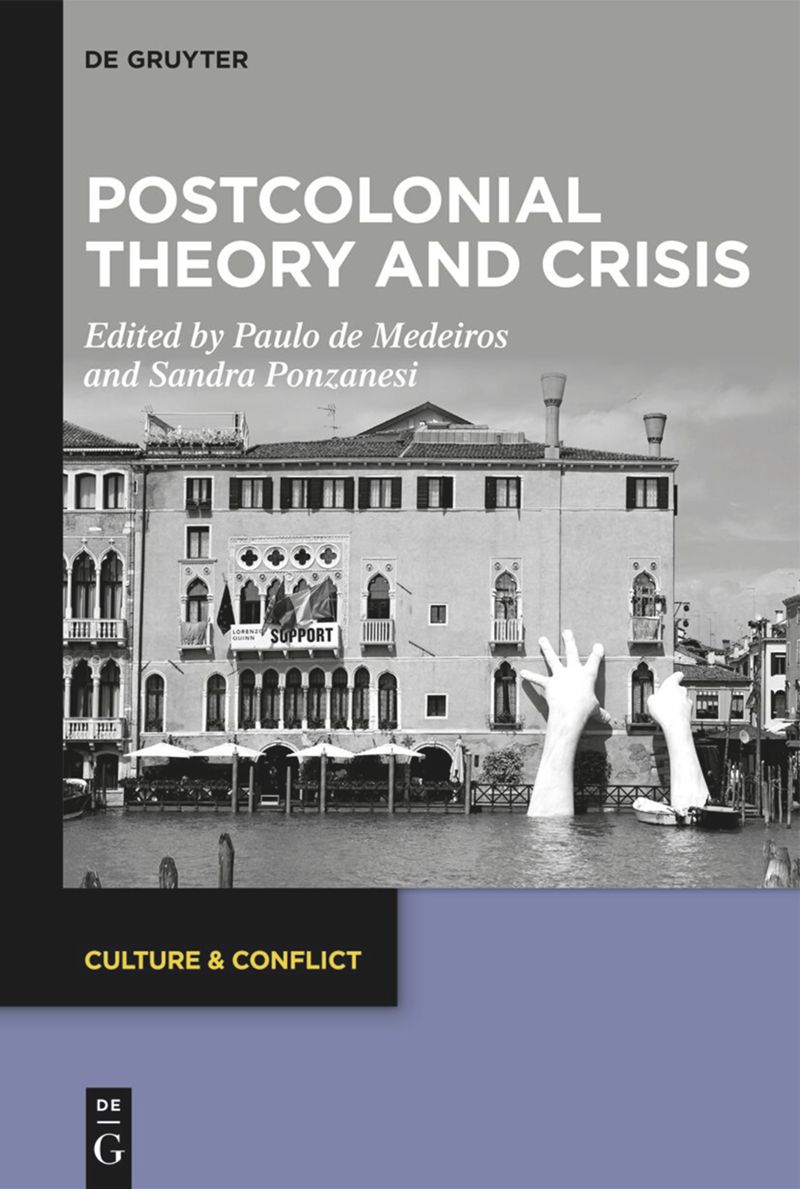
# Psychologists’ Recommendations on Constructing Theories: A Twitter-Driven Collection
Recently, psychologists have increasingly directed their focus toward the discourse on theory development, complementing their emphasis on empirical evidence with insightful questions about scientific explanations within their field. A notable Twitter thread, started by Ekaterina Damer, ignited a lively and scholarly dialogue among psychologists, yielding a rich assortment of reading recommendations on the subject. These suggestions have been contributed by psychologists worldwide, encompassing sources that range from foundational theoretical works to modern-day discussions. This article aims to compile these valuable recommendations, initially shared on Twitter by various psychologists, for those keen on exploring the theory crisis in psychology more thoroughly.
### **1. Perspectives on Psychological Explanation**
– **Recommended by**: *Iris van Rooij*
– **Key Text**: [“How does it work?” vs. “What are the laws?” Two perspectives of psychological explanation](https://pdfs.semanticscholar.org/f5b1/b05e8313aee94ccd98e80eab3ec56dbd2c97.pdf) by Robert Cummins
In this work, Cummins examines two essential paradigms of psychological explanation: causal mechanism-based (how it operates) and general, law-like accounts (what the laws entail). This article is vital for grasping the varied methodologies employed in psychology to elucidate human cognition and behavior.
### **2. Insights from Theory Construction Experiences**
– **Recommended by**: *Ed Orehek*
– **Key Text**: [Theory Construction in Social Personality Psychology](http://journals.sagepub.com/doi/abs/10.1207/s15327957pspr0802_1)
This special issue investigates the personal experiences of social and personality psychologists, presenting a contemplative view on the difficulties and processes involved in developing theories in this area.
### **3. Thoughts on Theory within Psychology**
– **Recommended by**: *Djouria Ghilani*
– **Key Text**: [Personal Reflections on Theory and Psychology](http://journals.sagepub.com/doi/abs/10.1177/0959354310378184) by Gerd Gigerenzer
Gigerenzer critically assesses the psychology field’s inclination to depend on formal theories, often challenging their relevance and advocating for more adaptable and realistic models.
### **4. Foundational Readings on Theory Evaluation and Testing**
– **Recommended by**: *Various psychologists including Tal Yarkoni*
– **Key Texts by Paul Meehl**:
– [Theory-testing in psychology and physics: A methodological puzzle](http://meehl.umn.edu/sites/g/files/pua1696/f/074theorytestingparadox.pdf)
– [Evaluating and revising theories: The Lakatosian defense strategy and two principles that underpin it](http://meehl.umn.edu/sites/g/files/pua1696/f/147appraisingamending.pdf)
– [Why summaries of research on psychological theories are frequently ambiguous](http://meehl.umn.edu/sites/g/files/pua1696/f/144whysummaries.pdf)
– [Paul Meehl’s philosophy of science: video lectures and articles](http://psychbrief.com/meehl-videos-papers/) (summarized by *PsyBrief*)
Meehl’s contributions are foundational in the philosophy of science as it pertains to psychology, particularly regarding how theories ought to be tested, assessed, and understood.
### **5. Defining the Limits of Theory in Psychology**
– **Recommended by**: *Burak Tunca*
– **Key Text**: [What Theory is Not](http://haas.berkeley.edu/faculty/papers/stawtheory.pdf) by Robert I. Sutton & Barry M. Staw
This article challenges prevalent misconceptions about the nature of theory in psychology, shaping the thoughts of many psychologists by establishing distinct boundaries between theory, data, and constructs.
### **6. Constructing Theories in Cognitive Science**
– **Recommended by**: *Joshua Skewes*
– **Key Text**: Valerie Gray Hardcastle: *How to build a theory in cognitive science*
Hardcastle presents clear instructions for developing theories in cognitive science, making this an indispensable resource for comprehending the empirical and conceptual underpinnings of cognitive theories.
### **7. Resources and Heuristics for Theory Development**
– **Recommended by**: *Kimberly Quinn*
– **Key Text**: [Innovative hypothesis generation in psychology: Some valuable heuristics](http://sing.stanford.edu/cs303-sp11/papers/mcguire_hypothesis_gen.pdf) by W. J. McGuire
This frequently cited article offers practical heuristics for generating hypotheses—essential for any psychologist involved in theory construction. McGuire’s heuristics are both functional and